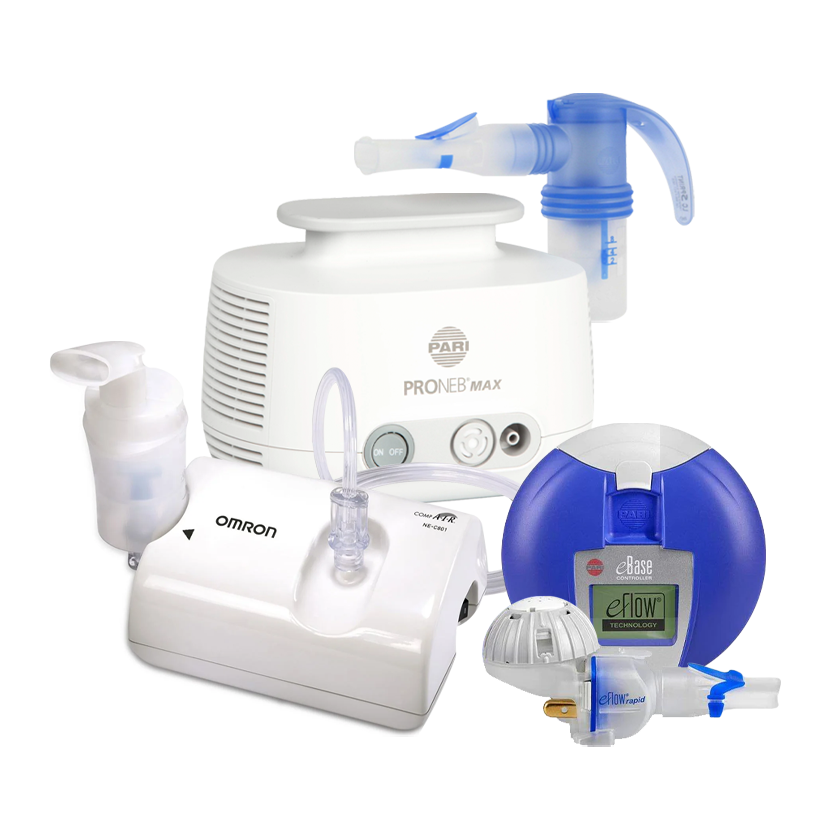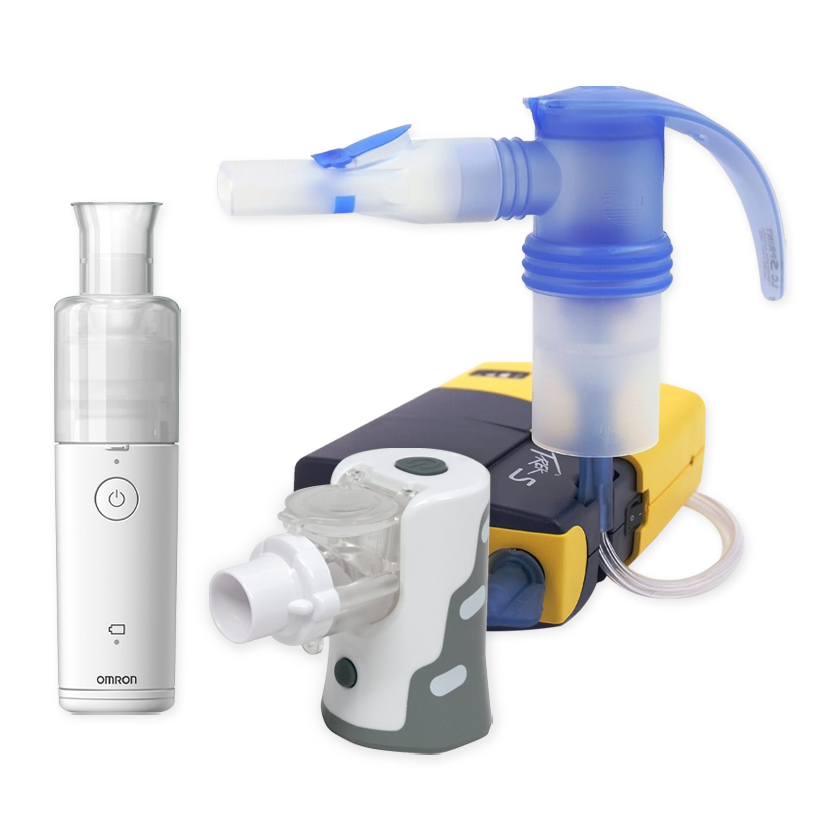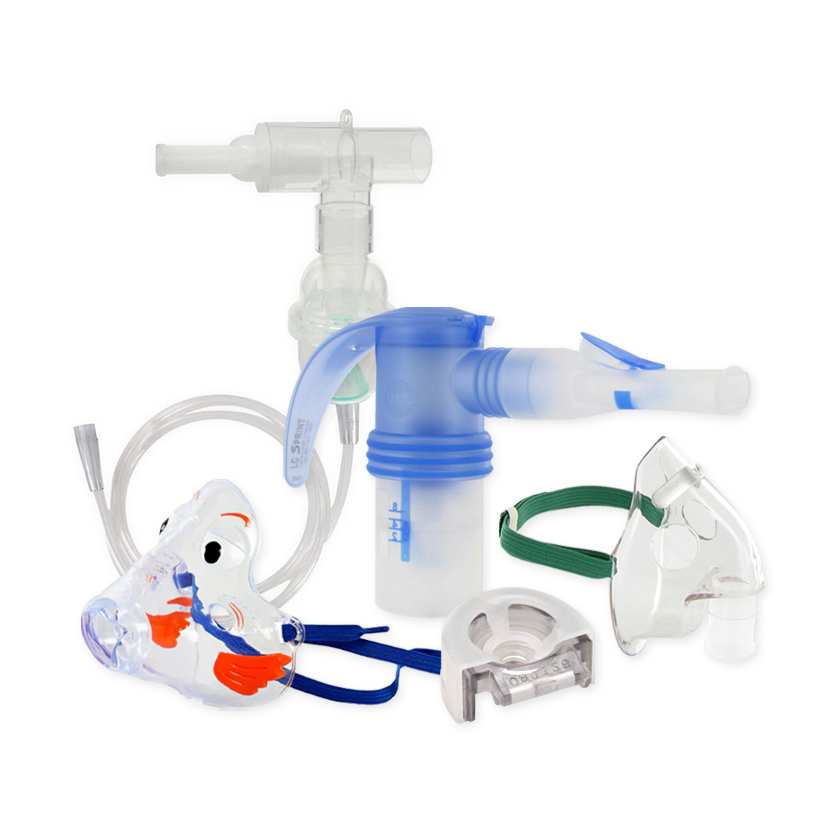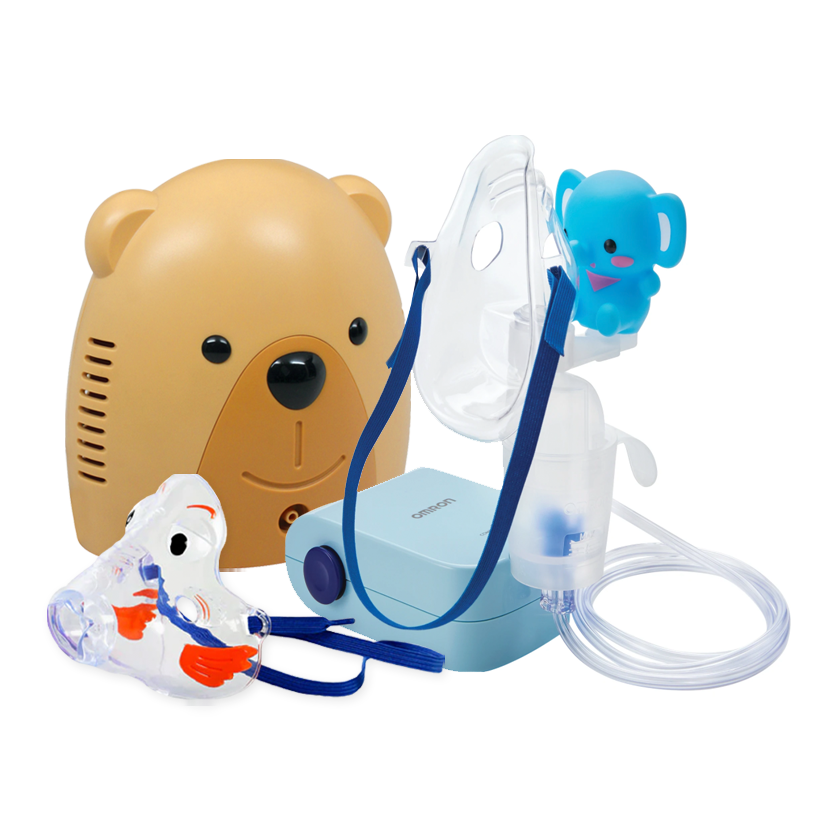Your Cart is Empty
Free Shipping on all orders over $75!
Menu

Free Shipping on all orders over $75!
Nebulizer Systems
Travel Nebulizers
Nebulizer Accessories
Just For Kids
Oxygen Supplies
Scientists Discover New Method for Fighting Cold-Triggered Asthma
October 16, 2014 1 min read
We’ve long known that the common cold can trigger asthma attacks. In fact, the World Health Organizations says that 80 to 90% of all asthma attacks are caused by airway infections, the most common of which is the common cold. But until now, scientists didn’t know how exactly colds triggered asthma attacks.
Turns out, it all has to do with a tiny molecule called IL-25. Asthmatic’s bodies produce IL-25 in excess when they get a cold. IL-25 is a type-2 cytokine that sets off a chain reaction resulting in the production of many other type-2 cytokines. Together, these type-2 cytokines cause type-2 immune responses in the body, including inflamed airways and increased mucus production.
The good news is this knowledge has shown scientists a new way to try treating cold-triggered asthma. If they can successfully target and block IL-25, then this should stop the chain reaction which results in an asthma attack.
According to Professor Sebastian Johnston, one of the leaders on the new study, the current steroid-based asthma medications that one takes through their inhaler or nebulizer are “highly effective at controlling regular asthma symptoms” but less effective at treating asthma symptoms triggered by a cold. He and his colleagues hope to test targeting and blocking IL-25 soon, and “to investigate other possible pathways that could be important in asthma attacks.”
Subscribe
Sign up to get the latest on sales, new releases and more …
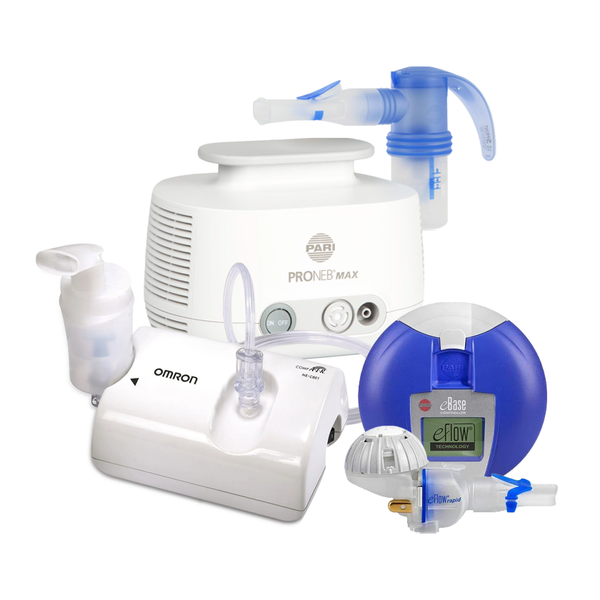
NEW CUSTOMERS SAVE $5 OFF YOUR FIRST PURCHASE OF $20 OR MORE
Code will be sent to email entered if applicable
SIGN UP FOR FUTURE SALES, NEW PRODUCTS AND ANNOUNCEMENTS
{"themeColor":"#061f77","iconColor":"#061f77","showLogo":true,"topBottomPosition":0,"rightLeftPosition":5,"iconSize":"large","iconCustomSize":64,"position":"middle-right"}
